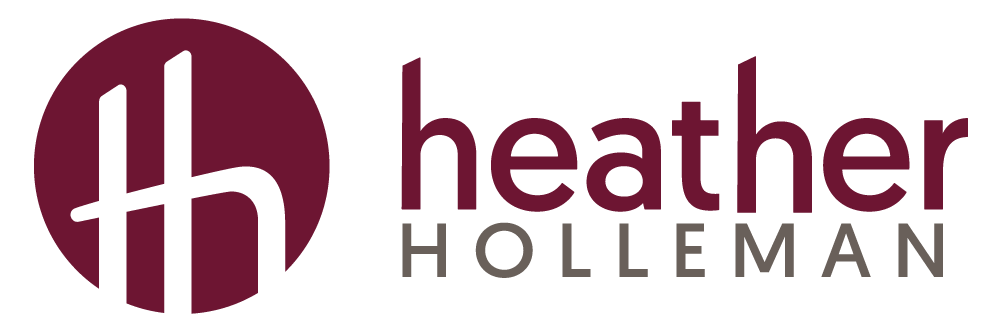I know that some of you readers follow my blog because you love it when I talk about writing or give a writing lesson, so for you, here’s a snapshot of my week in a college writing course.
This week, I’m teaching on the thesis position–embedded in a stellar introduction–in my freshman course. These writers analyze a single print advertisement to showcase what rhetorical strategies designers use to create consumer desire. This paper also critiques the ideology–or worldview–presented in the advertisement. We spend our classroom time noting curious and often-overlooked observations about these ads. We talk about complexity, subtlety, and why their analysis matters. Shaping these thoughts into a precise statement about what the paper will argue (that moves beyond the obvious) challenges students, but by the end of the week, they’ll have it down.
They write introductions that appeal to ethos (their expertise or trustworthiness), pathos (emotion), and logos (logical reasoning). They must juggle these terms in addition to kairos (good timing of the argument). These freshmen already know how to masterfully use the semicolon, dash, colon, parentheses, comma, varied sentence patterns, and word play, so we’re all primed to write. They’ll read their fabulous introductions aloud on Thursday and endure the critique of their peers.
My juniors and seniors have a less complex but much more anxious week: they share their resume, cover letter, and personal mission statement for review. Today, each student read all 24 professional packets of their class peers and noted (in addition to editing and revising format or weak sentences) what made these materials memorable. Why would an employee hire this person? How will they add value? Afterwards, we voted for the most impressive professional packet. Thursday, they turn this material in for a grade and begin their next project: The Signature Story (a short, professional memoir piece).
I still use How to Write with Flair for the first two weeks of class. I know it might sound boring or too much work, but we are having a great time using vivid verbs, playing name games, and gaining an authentic written voice. What could be more fun?
